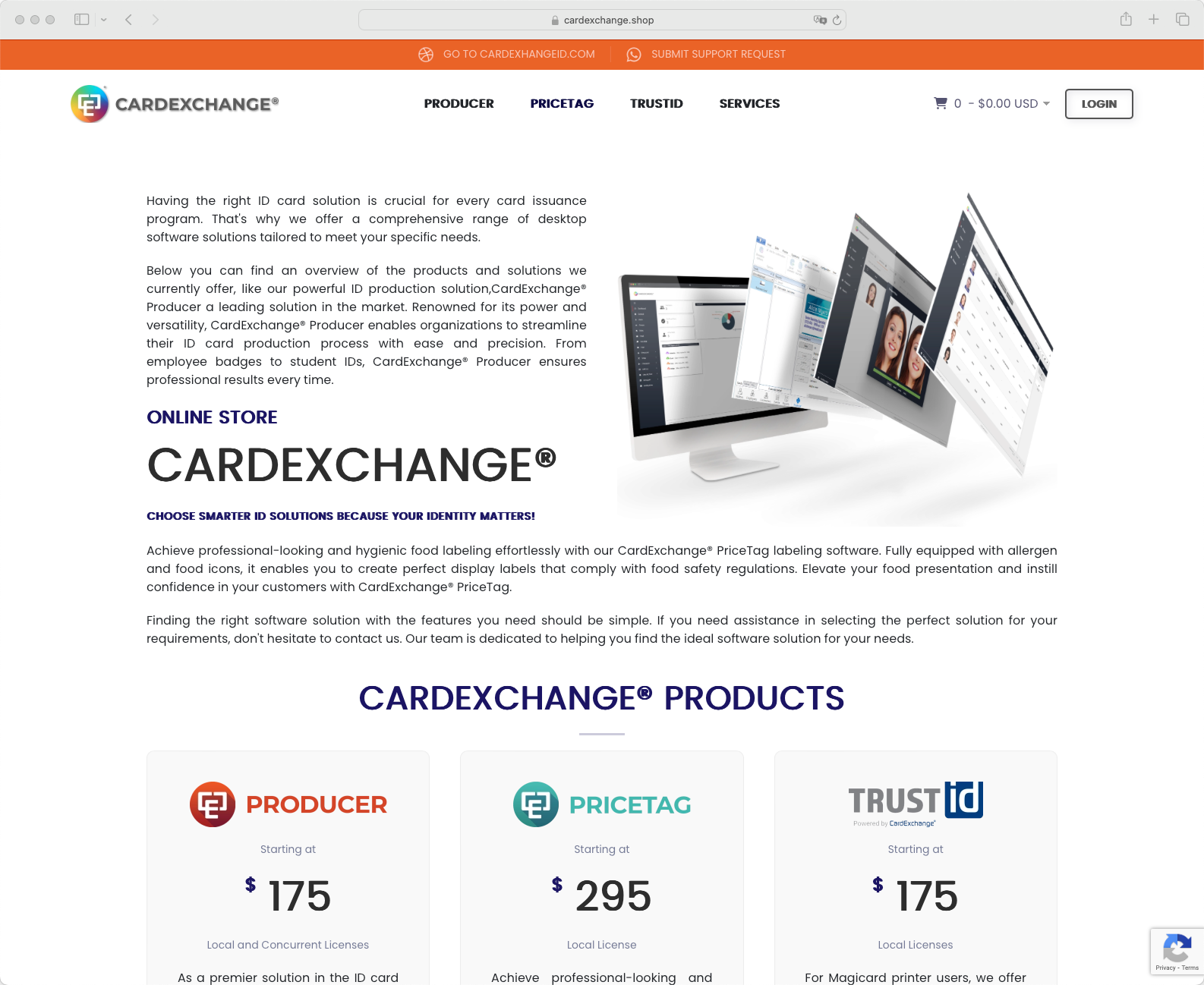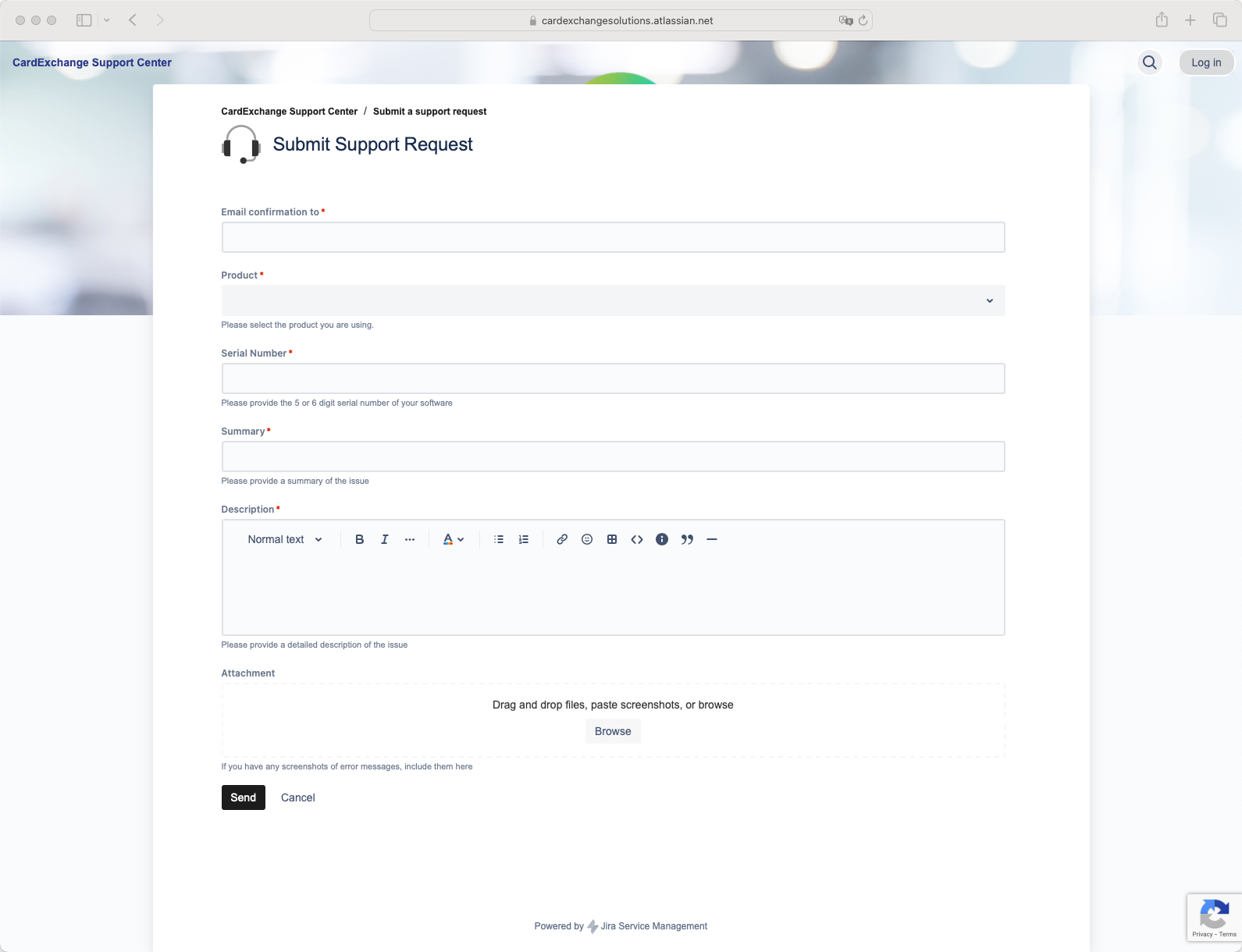Unique Identity & Access Management Challenges for the Healthcare Market
Unique Identity & Access Management Challenges for Healthcare Organizations
The movement of the U.S. healthcare system from paper to digital credentials comes with its advantages, but with its challenges too. The healthcare market faces multiple Identity & Access Management challenges. This is caused by both the introduction of new technologies as well as the complexity of the organizational structure of healthcare institutions. In this article, you will learn about what causes these IAM challenges and how to resolve these challenges.
Confidential Information
The healthcare market is one of the most heavily regulated sectors. This is because the data collected from patients is highly sensitive. For example, social security numbers, patient medical records, insurance policy details, credit card numbers, addresses and much more.
Patients expect their data to remain confidential. However, according to the 2020 Breach Barometer, 59% of the respondents surveyed in Europa and the USA were concerned about the security of their medical data. For valid reasons, because in 2019 more than 41 million patient records were breached.
The healthcare market is one of the prime targets for hacking, because of the fact the modern healthcare facilities integrate a lot of data from majority of the population (Soni, 2022).
Lack of Comprehensive Identity Management
Another reason the healthcare market is often targeted in cyber-attacks is the fact that the healthcare market is lacking in comprehensive credential management.
A lack of comprehensive credential management automatically leads to weaker authentication and access control. For example, exchanging massive databases around the organization makes a healthcare institution vulnerable to breaches.
Data access controls and adaptive authentication methods are needed to prevent such breaches. Organizations are more at risk of having their data compromised if they are not consistently authorizing employees before taking action (Soni, 2022).
It is important for employees to identify themselves before, for example, entering a particular space or taking specific action to prevent data leaks. This can easily be done by using physical and/or digital ID cards.
Big Databases
The U.S. Health Care and Social Assistance market includes 20 million employees, in 907,426 businesses. On top of that, the healthcare market is the third-largest industry is the U.S. (Kolmar, 2021).
Most healthcare institutions have big databases to manage. Traditional databases like Excel are not powerful enough to manage the data privacy regulations that the healthcare market needs to be compliant.
There are many different credentials to be administered. Think of doctors, assistants, nurses, GP’s or dentists. As well as staff from other departments such as finances, operations, facility management, and many more. Each credential has different access privileges to multiple locations. If an unauthorized person enters some place where he or she is not allowed to, there is an increased risk of a data breach. To make sure someone does not enter a place which they are unauthorized to enter, access control must be configured in detail.
This may sound very complicated, but there’s a way to manage all the credentials with ease. An ID Card and Credential Management Tool will help with managing the enrollment process for the larger and more complicated databases: CardExchange® Cloud. The software allows healthcare institutions to enroll, manage and control the issuance of their credentials in a more efficient way.
All credentials can be managed in one place with the CardExchange® Controller software. Every step of the enrollment and lifecycle process can be streamlined from one place. Design and print ID cards and badges with the CardExchange® Press.
Conclusion
All these challenges are unique to the healthcare market worldwide due to the complexity of their organizational structure and the rising threat of hackers.
CardExchange® recognizes the struggles the healthcare industry is facing and presents a complete cloud-based solution to help solve these struggles: CardExchange® Cloud Suite. It is a cloud-based ID Management solution, hosted on the trusted Microsoft® Azure™ platform.
This solution consists of six powerful service-based products that enables all healthcare institutions to manage and streamline the entire ID management process:
- CardExchange® Controller is a credential management system to manage, issue credentials and approve cardholder information.
- CardExchange® Admin Center allows you to customize your business roles, establish workflows, create branded physical and digital ID cards, and more.
- CardExchange® Press is your professional ID card design, encode and print software. It allows you to reduce the production cost and secure access with the latest encoding technology.
- CardExchange® Stand is a self-service portal for your end-users to upload a photo, manage and report card status, and access their digital ID.
- CardExchange® Bridge offers the ability for you to connect to your existing data source and other back offices.
- CardExchange® Secure is a secure cloud Single Sign-On, which allows your organization to connect the system to a single sign-on provider.
CardExchange® Cloud Suite is the first of its kind to offer you a subscription-based SaaS solution that you only pay for what you need. Learn more here or contact us for more information!
Bibliography
Soni, R. (2022). Identity Management in Healthcare: Analyzing the Industry Needs. Retrieved from Login Radius: https://www.loginradius.com/blog/identity/identity-management-healthcare/
Kolmar, C. (2021, September 9). 28 ASTONISHING US HEALTHCARE INDUSTRY STATISTICS [2022]. Retrieved from Zippia The Career Expert: https://www.zippia.com/advice/us-healthcare-industry-statistics/


